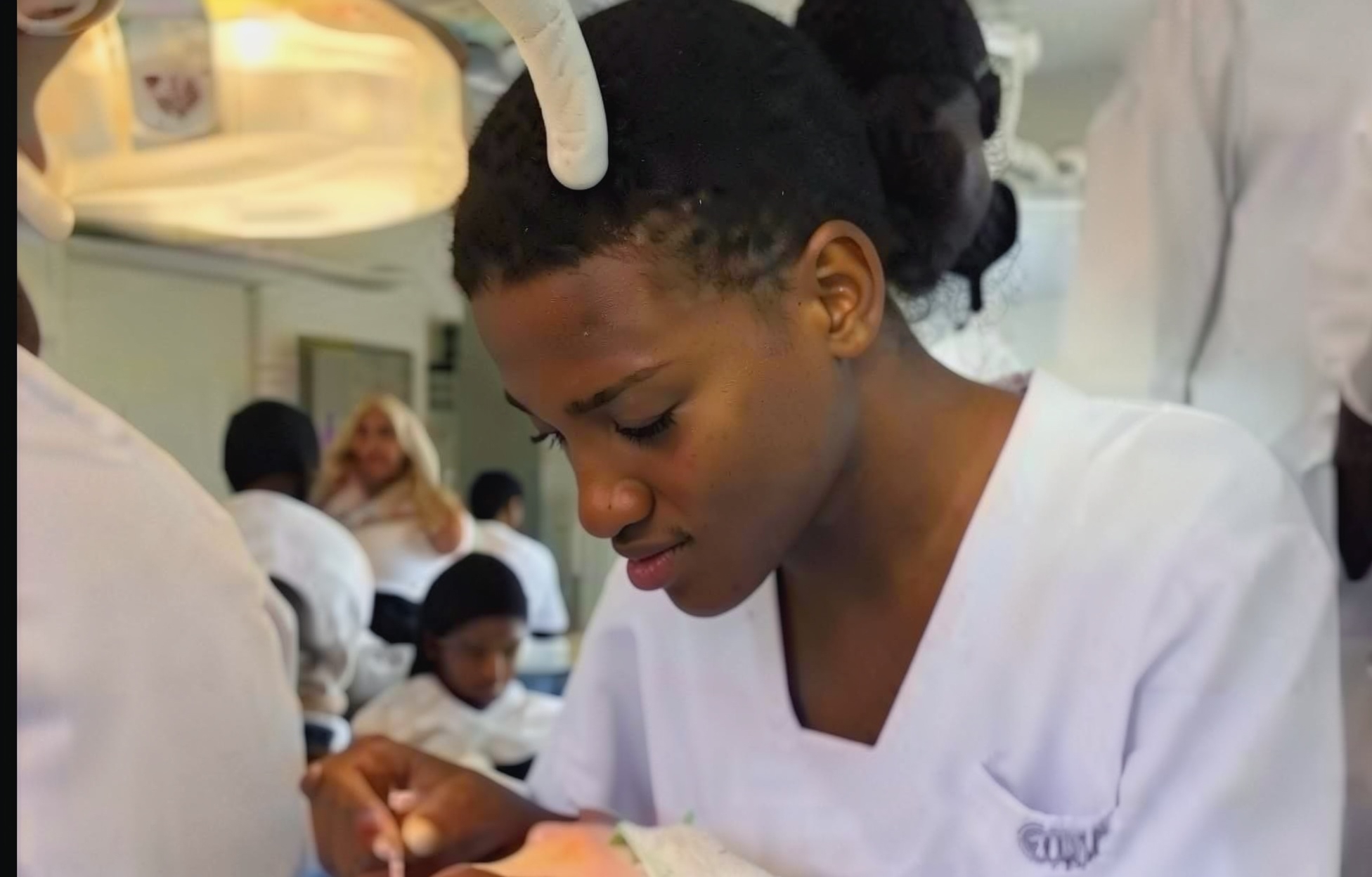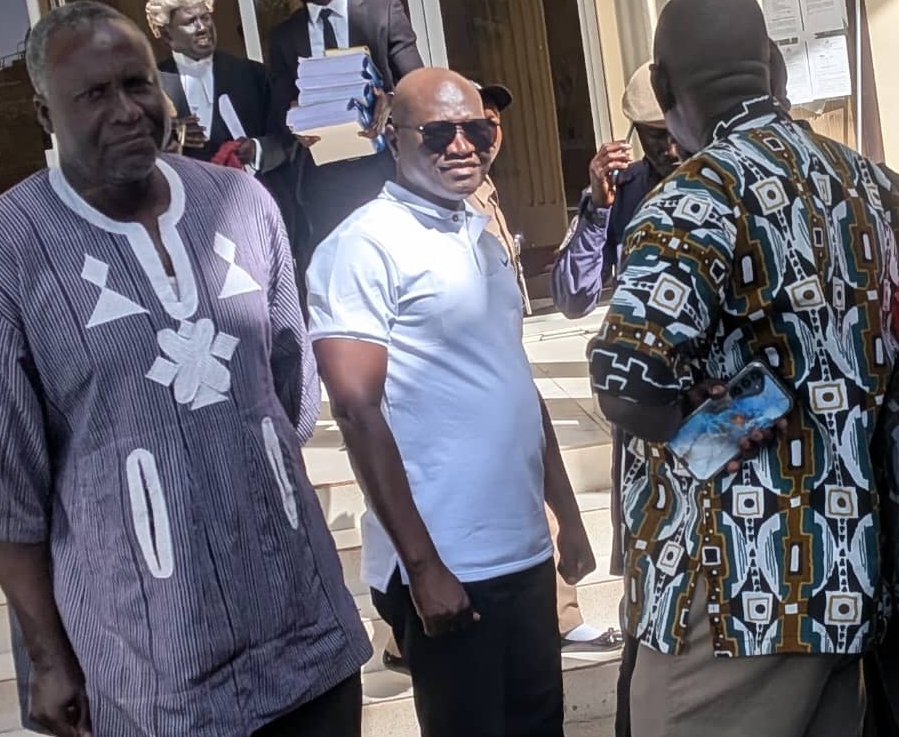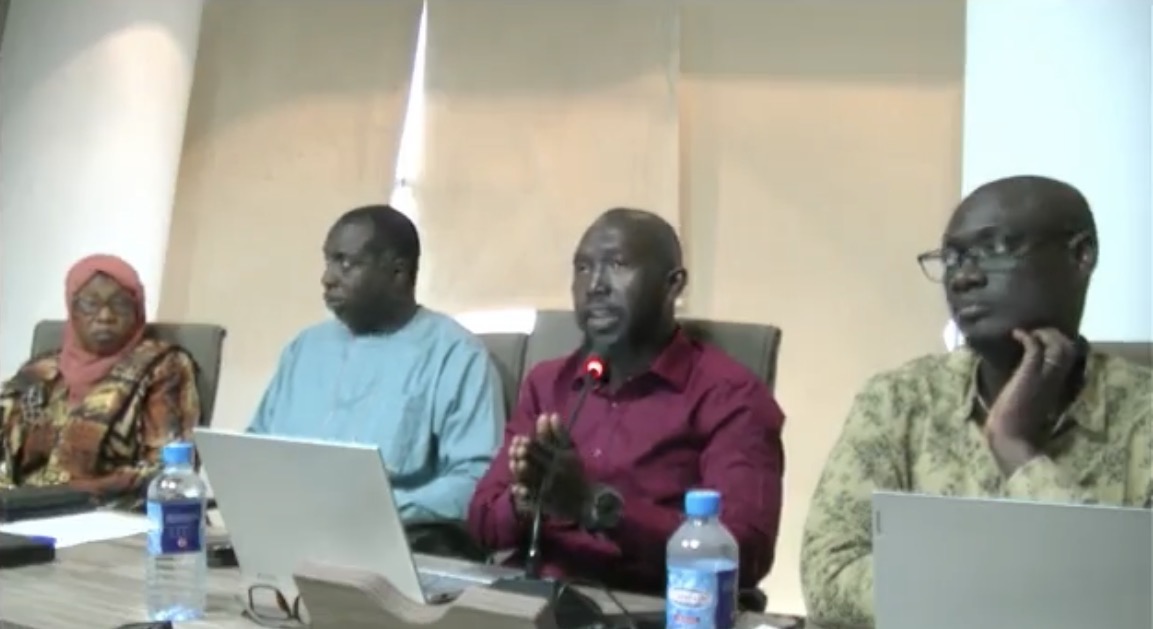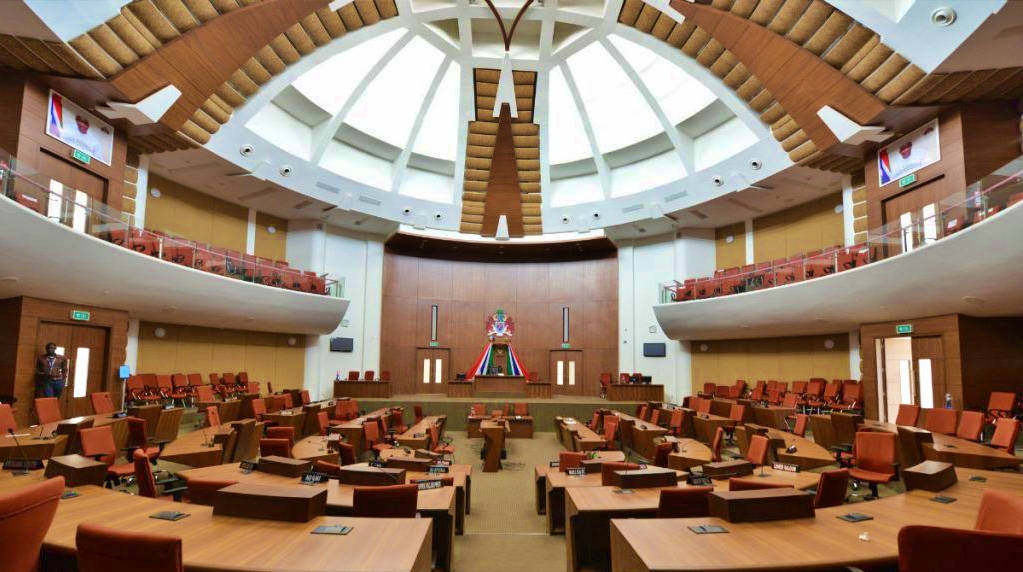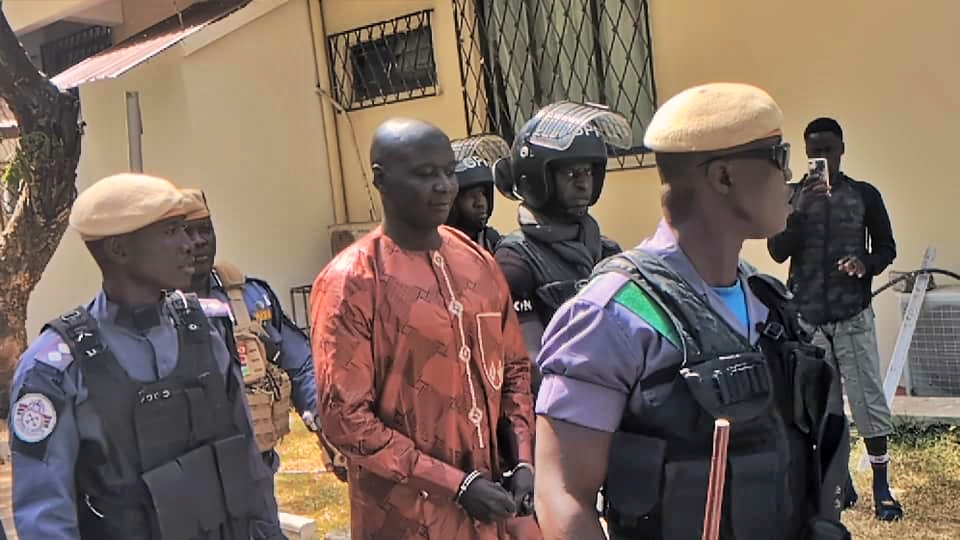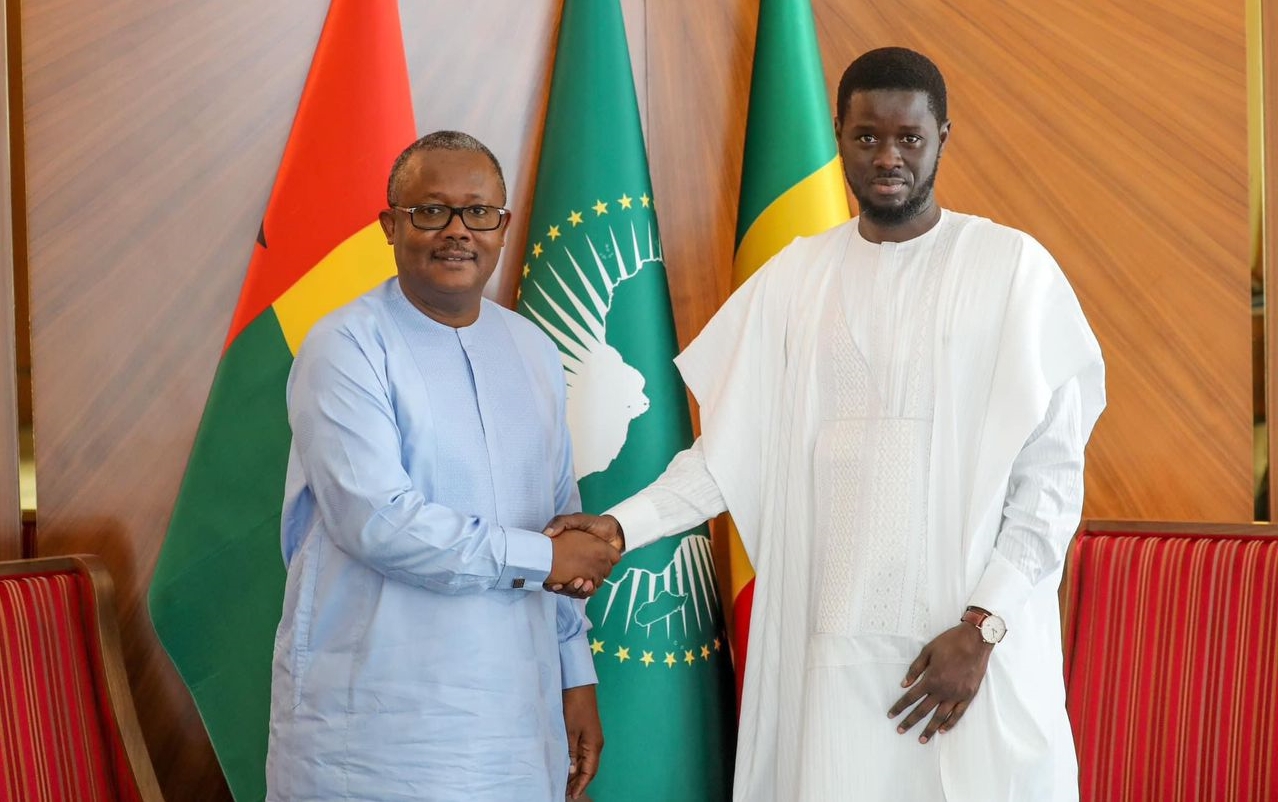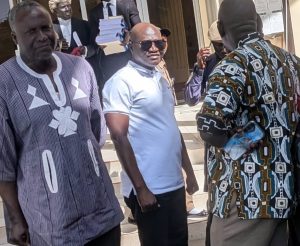Gambiaj.com – (BISSAU, Guinea-Bissau) – The official visit of Senegalese President Bassirou Diomaye Faye to Guinea-Bissau, scheduled for Monday, 26 May, and Tuesday, 27 May, is shaping up to be a major diplomatic event for Senegal’s southern neighbor. However, it comes at a time of heightened political tension.
On Sunday, May 25 — Africa Liberation Day — a coalition of civil society organizations defied government bans to stage protests across the country. The demonstrators denounced what they described as “the suppression of democratic freedoms and the continued rule of an illegitimate government led by Umaro Sissoco Embaló.” The authorities had banned the protests, further inflaming the political climate.
The Popular Front and the Civic Movement Pô di Térra, two civil society platforms, confirmed the arrest of six activists near their movement’s headquarters. Arrests also took place in various neighborhoods of the capital, in other parts of the country, and even within the diaspora — with demonstrators detained near Bissau’s embassies in Africa and Europe. Activists are now demanding their immediate and unconditional release.
According to several civil society sources in Bissau, security forces also detained individuals dressed in sportswear, suspecting them of participating in the protests.
Early Sunday morning, the streets of the capital were heavily patrolled by armed units from the Rapid Intervention Police, the National Guard, and the Public Order Police (POP).
Despite threats, the two civil society platforms took to the streets in scattered groups, occupying strategic locations in the capital. However, many were swiftly dispersed by police.
Activists accuse the current regime of escalating efforts to restrict freedom of speech and assembly throughout the country.
Jonatas Nanque, one of the movement’s leaders, had already warned that his fellow activists planned to defy the systematic ban on protests against the regime, pointing to the selective enforcement of public gathering laws. “If a decree truly bans all gatherings, it should be applied universally,” he argued, accusing the regime of allowing its own rallies while cracking down on dissenting voices. According to him, the bans are further proof of the regime’s intent to “silence all dissent.”
Indeed, President Sissoco Embaló had previously warned that Sunday’s protest would face “an appropriate response,” claiming the organizers belonged to illegal entities seeking to destabilize the country.
Salvador Soares, National Commissioner of the Public Order Police (POP), announced that officers would be deployed across the capital to ensure safety and security during President Faye’s visit on Monday and Tuesday.
As early as Sunday morning, a heavy security presence was already visible in the streets, aimed at enforcing the protest ban — though this did not prevent demonstrations from taking place.
This heightened security posture, just ahead of a highly symbolic moment in Senegal-Bissau relations, reflects both the Embaló regime’s anxiety and the deepening political unrest in Guinea-Bissau.
Since President Umaro Sissoco Embaló dissolved parliament in December 2023, at least ten protest attempts have been thwarted in the country.
The arrival of Diomaye Faye, a democratically elected president following a peaceful transition in Senegal, is viewed by many in Guinea-Bissau as an inspiring counterexample — a symbol of political renewal that, perhaps unintentionally, rekindles hopes for fairer and more rights-respecting governance.
Against this backdrop, Faye’s visit risks becoming a highly politicized event, far beyond its official diplomatic scope.
For parts of the Bissau-Guinean population, it offers an opportunity for visibility and resistance. For the ruling authorities, it presents both a security and symbolic challenge: to prevent the celebration of Senegal-Guinea-Bissau fraternity from being transformed into a domestic act of dissent.
The police’s hardline stance reveals the regime’s nervousness in the face of an increasingly vocal civil society. The coincidence of the visit with Africa Liberation Day and planned mobilizations only adds to the symbolic weight of this contestation, exposing a democratic rift — that of a government claiming to uphold stability while suppressing pluralism.
This diplomatic moment, intended to strengthen bilateral ties, could instead cast a harsh spotlight on Guinea-Bissau’s deepening political deadlock — not just for Africa, but for the world. Much will depend on how the authorities manage the delicate balance between official ceremony and popular unrest.
Ultimately, President Bassirou Diomaye Faye’s visit to Bissau goes far beyond symbolism. It serves as a litmus test for the internal tensions of Guinea-Bissau and a moment of reckoning for a regime increasingly under fire.



